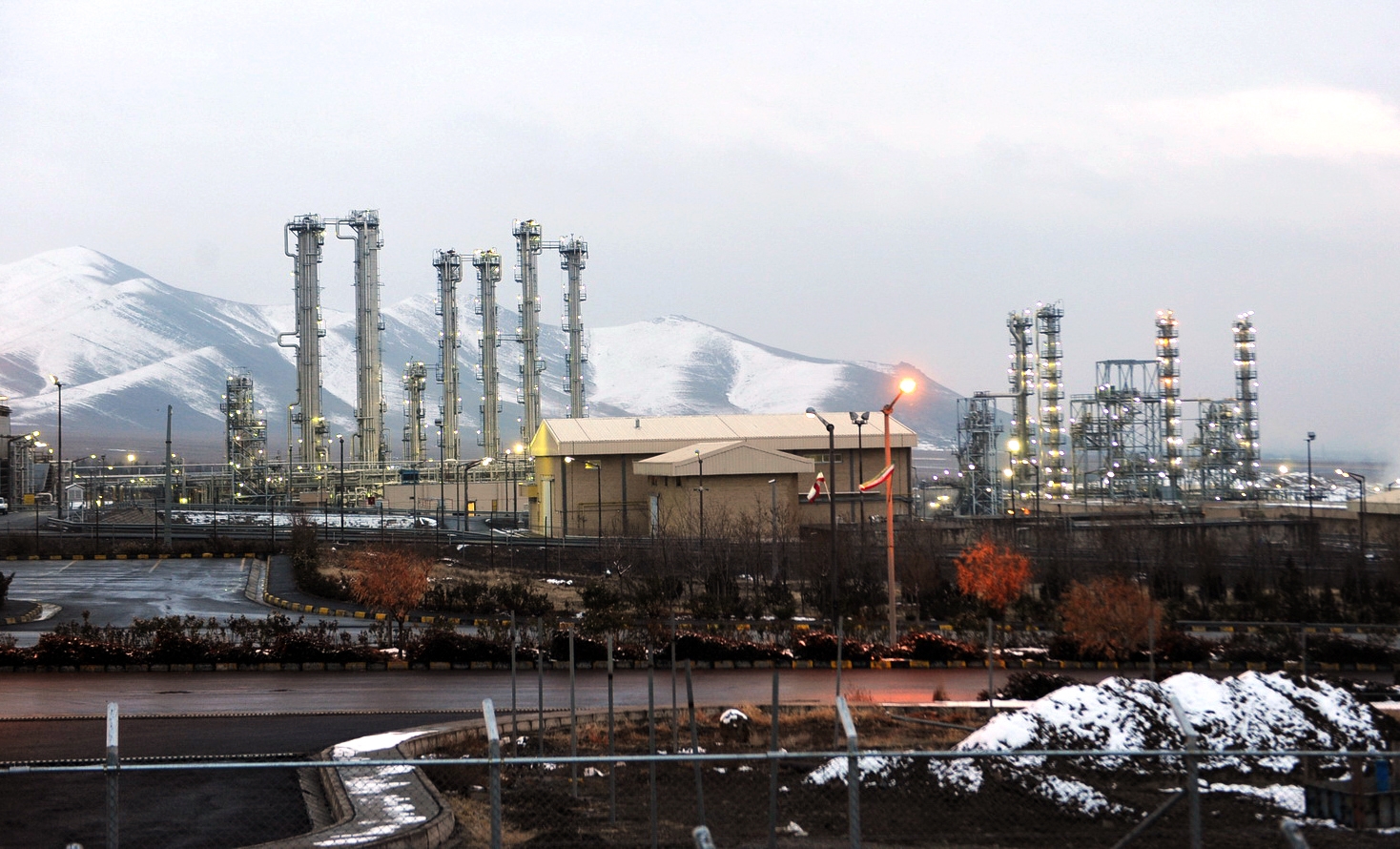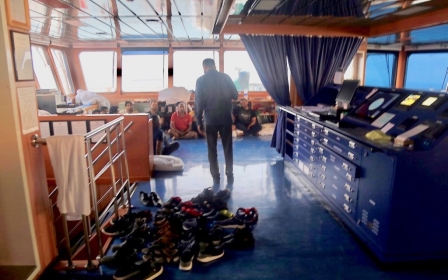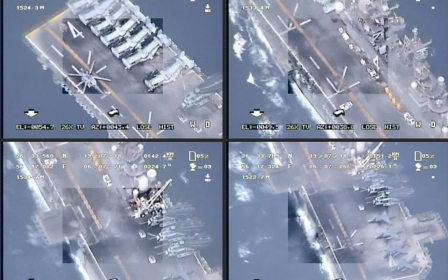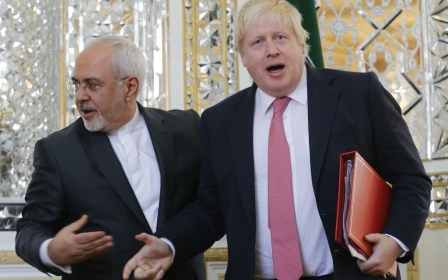Iran set to revive nuclear facility in further step away from nuclear deal

Iran will resume activity at a nuclear facility that has been shuttered since Tehran agreed a now faltering nuclear agreement with world powers, the head of Iran's Atomic Energy Organisation, Ali Akbar Salehi, told lawmakers on Sunday.
Iranian news agency ISNA reported that Salehi said the Arak heavy water nuclear reactor will restart its activities, following up on a pledge made by President Hassan Rouhani in reaction to US sanctions.
The threat to restart activities at the Arak facility was combined with Iran breaching the limits for uranium enrichment set out in the nuclear deal, which the US broke off from last year.
Iran has threatened to progressively increase the levels of uranium enrichment until the European Union takes measures to protect it from the sanctions imposed by US President Donald Trump.
Heavy water can be employed in reactors to produce plutonium, a fuel used in nuclear warheads.
Later on Sunday, Britain, France, Germany, Russia and China will meet Iran in Vienna to discuss how to save the accord in an extraordinary meeting.
Iran announced its measures after the European Union missed a deadline to meet Iranian demands on 7 July.
"We are fully prepared to enrich uranium at any level and with any amount," said the Atomic Energy Organisation's spokesman Behrouz Kamalvandi on 7 July, when he also warned further steps would be taken every 60 days.
The reduction of commitments can be reversed, Iranian officials have said, if the remaining signatories to the deal uphold their promises.
Iran's relations with Europe have been strained in recent weeks after British forces seized an Iranian oil tanker near Gibraltar, accusing it of transporting oil to Syria.
Iran responded by seizing a British tanker in the Gulf on 19 July, following up on threats made by its Revolutionary Guard.
France, Italy and Denmark have since given initial support for a British plan for a European-led naval mission to ensure safe shipping through the Strait of Hormuz, three senior EU diplomats said last week.
According to the semi-official Fars news agency, Iranian government spokesman Ali Rabiei said on Sunday that the plan "sends a hostile message, is provocative and will increase tension".
Middle East Eye delivers independent and unrivalled coverage and analysis of the Middle East, North Africa and beyond. To learn more about republishing this content and the associated fees, please fill out this form. More about MEE can be found here.




